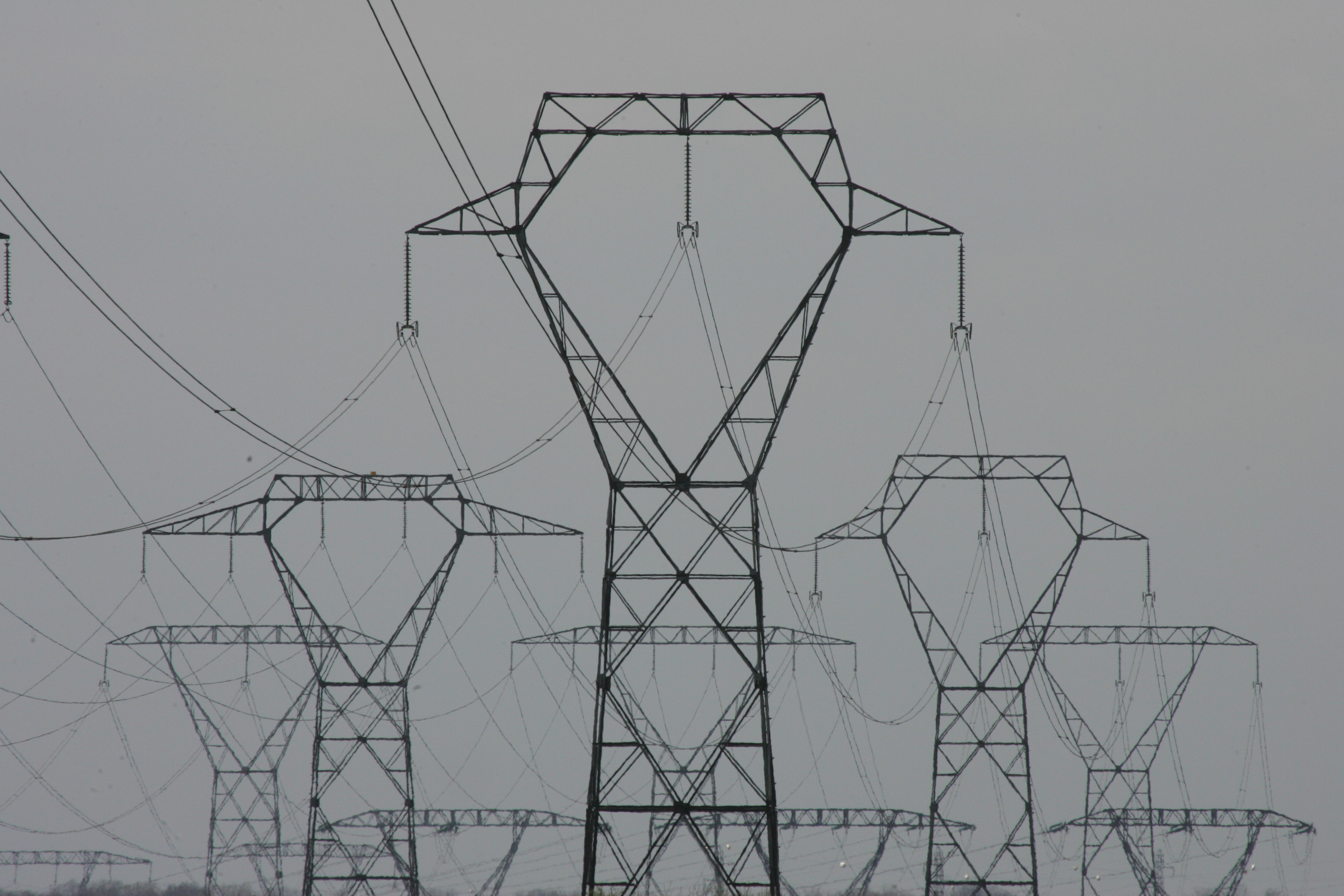LONDON: Abu Dhabi-owned Invest AD’s asset management arm has been buying Egyptian stocks this week as the stock exchange reopened after seven weeks and stock prices reached attractive levels, the firm’s CIO said on Thursday.
"We reduced our position in Egypt to 14 percent from 25 percent when the Tunisian revolution broke out and before the Egyptian market closed," David Sanders told Reuters on the sidelines of a Thomson Reuters Africa investment conference.
"We are already buying Egyptian stocks and for those Egyptian stocks which have long-term potential, we are looking to get back in. We believe the prices a year or two from now will be higher than they are today."
Invest AD’s asset management arm has "several hundred million dollars" under management in several funds in Africa and the Middle East. Invest AD also invests for its owner, sovereign wealth fund Abu Dhabi Investment Council.
Sanders declined to name which Egyptian stocks the company has been buying.
Egypt’s stock exchange closed on Jan. 28 amid mass protests that eventually toppled the 30-year rule of President Hosni Mubarak. It opened on Wednesday to avert the 40-day suspension limit that would lead to expulsion from MSCI’s closely-followed emerging markets index.
The stock market, EGX100, had fallen 21 percent this year prior to the closure, and a further 9 percent on Wednesday, but ended up on the day on Thursday.
Neighboring Gulf markets have also come under pressure from political protests across the region, including in Bahrain and Saudi Arabia.
But countries like the United Arab Emirates and Qatar are now acquiring safe haven status due to their relative political stability, despite the debt crisis which engulfed the emirate of Dubai less than two years ago.
"You can almost say ‘Dubai is back’," Sanders said.
Dubai stocks hit five-week highs on Thursday. Valuations were "extremely cheap" in the UAE and Qatar, at 6-7 times forward earnings, Sanders added.
"I would expect PE ratios to be 12-plus."
In Saudi Arabia, King Abdullah has offered $130 billion in handouts and boosted security and religious police forces last week, to stave off unrest.
Some Saudi stocks were looking good value, Sanders said.
"Saudi petrochemical companies have traded at a discount to their global peers because of the risk premium in the region — petrochemicals and consumers are looking interesting," he said.



